Windsor 10-year-old is cancer survivor
by Mark Huard
Owen Gosselin is a 10-year-old boy from Windsor. He is a little league player, a beloved son and brother and a student. Owen is also a survivor of cancer. Over the last year, Owen and his family have been fighting a battle.
In December, Owen was diagnosed with Ependymoma grade 3, a cancerous brain tumor. He had a successful resection surgery at Boston Children’s Hospital this past January, followed by six weeks of radiation. The surgeon was able to successfully remove the whole tumor. Owen has worked hard to recover and regain his strength. He resumed playing sports this spring for the Capital Area Little League.
Owen’s mother, Melissa, reached out to someone she knew that helps raise funds for this cause. She became connected to Kelly’s Cause for Brain Tumor Fundraising. Kelly’s dad died from brain cancer shortly after she graduated high school. She went to college for occupational therapy, and after she graduated and got a job, she wanted to do more. She began fundraising for the national brain tumor society by hosting a 5k, which then evolved into multiple events a year along with the 5k. In 11 years they have raised $184,000 for the national brain tumor society and the last few years have been donating to local families as well.
Three years into fundraising, Kelly started a small committee of family and friends committed to helping. All of the members are in the Augusta area and the only group of people in Maine to raise money for this cause. Over the years, Kelly’s Cause has gone to Washington, DC, to advocate to congress about funding NIH for cancer research, and to share a lot of information with the community about brain cancer.
It is no surprise this disease tears into families emotionally, physically and financially. Knowing this, the group provided Owen’s family with support. They hosted an event for their family to provide funds for the family and all of their travel to treatment. They had to stop working quickly, so this support was done to try to reduce the financial stress.
Kelly’s Cause has raised $184,000 for local families and The National Brain Tumor Society. Kelly’s Cause was recognized at Augusta’s Little League opening. Coach Ryan Conrad asked the board if they would allow Owen to throw out the first pitch on opening day May 11, 2024. Everyone is so proud of Owen and so thankful for Kelly and her cause.
Kelly’s Cause for Brain Tumors has upcoming events including a golf event at Natanis Golf Course, in Vassalboro, on Friday, June 21, and a 5k on Sunday, July 21, at the Augusta rail trail. More detailed information for these events are on Kelly’s cause for brain tumors Facebook page.




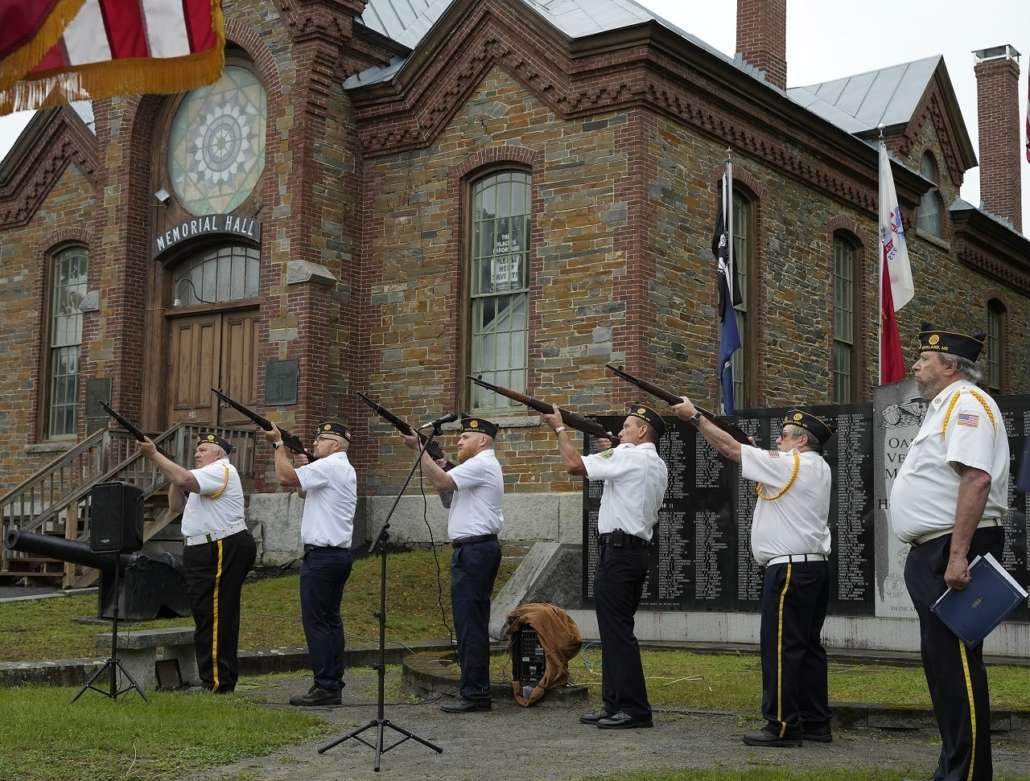
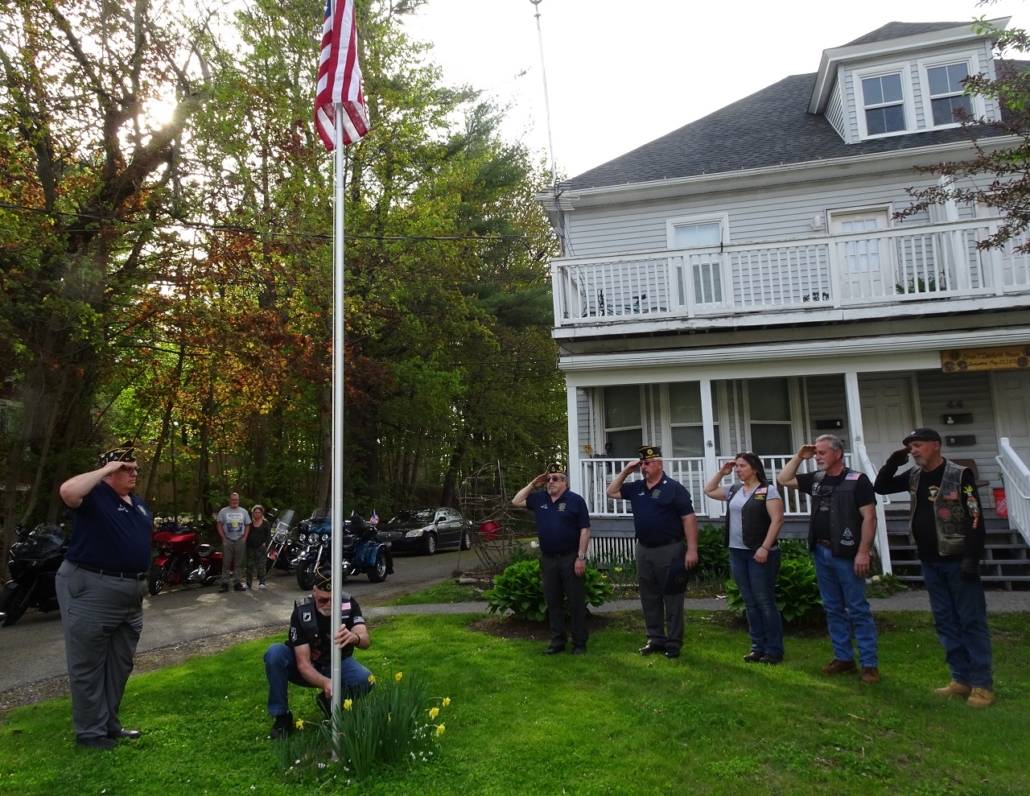


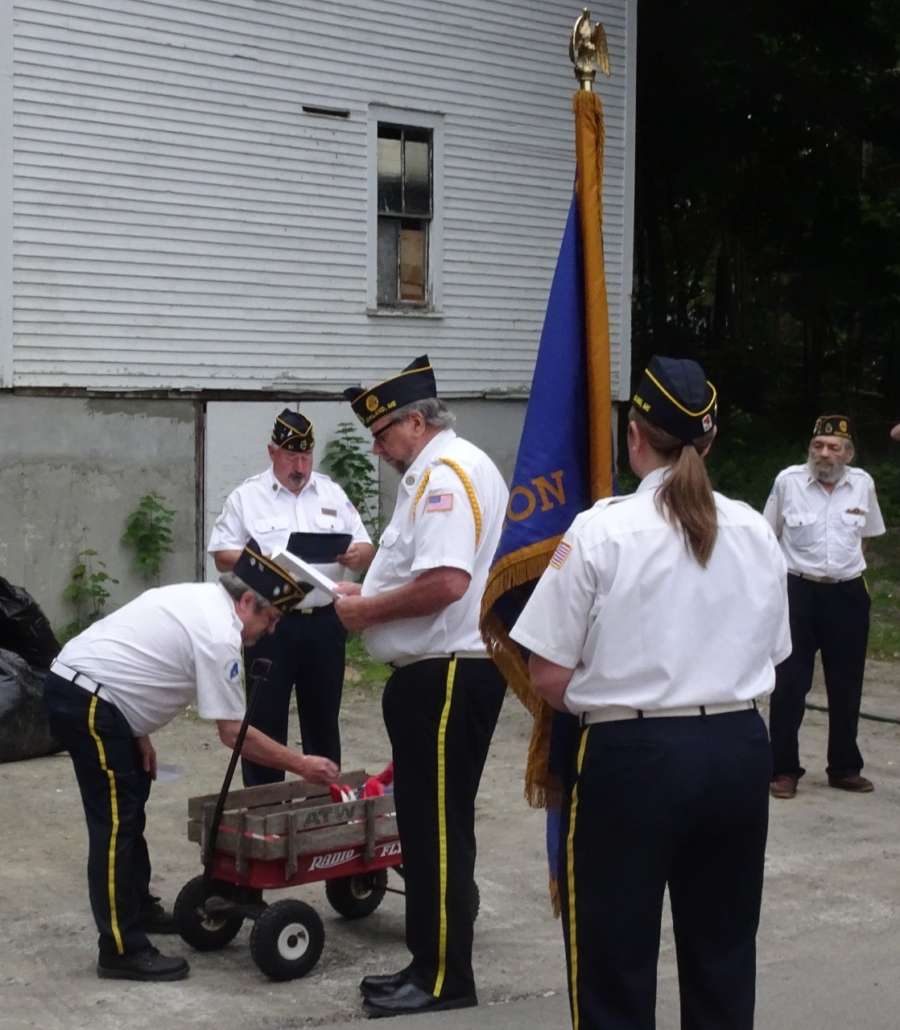

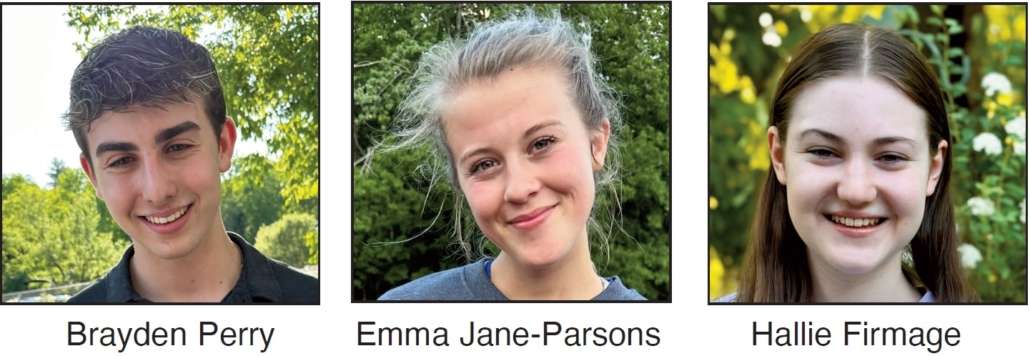

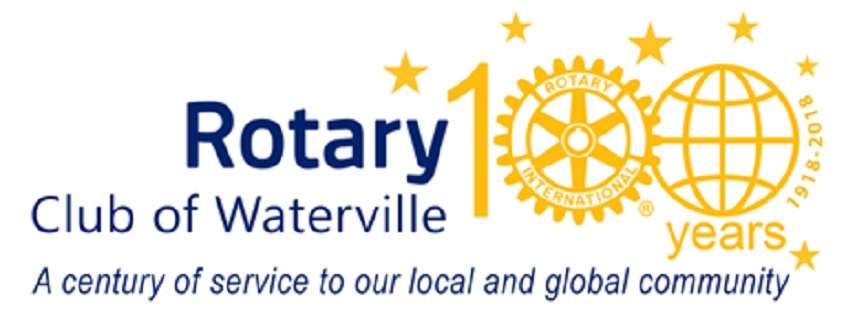 This year Rotary District #7790 will host the three-day district conference in Waterville. The conference will bring many first-time visitors to the city, all to support District Governor Tina Chapman. Waterville supports two Rotary clubs, the Waterville Sunrise Club and the Waterville Noon Club, which is Tina’s home club.
This year Rotary District #7790 will host the three-day district conference in Waterville. The conference will bring many first-time visitors to the city, all to support District Governor Tina Chapman. Waterville supports two Rotary clubs, the Waterville Sunrise Club and the Waterville Noon Club, which is Tina’s home club.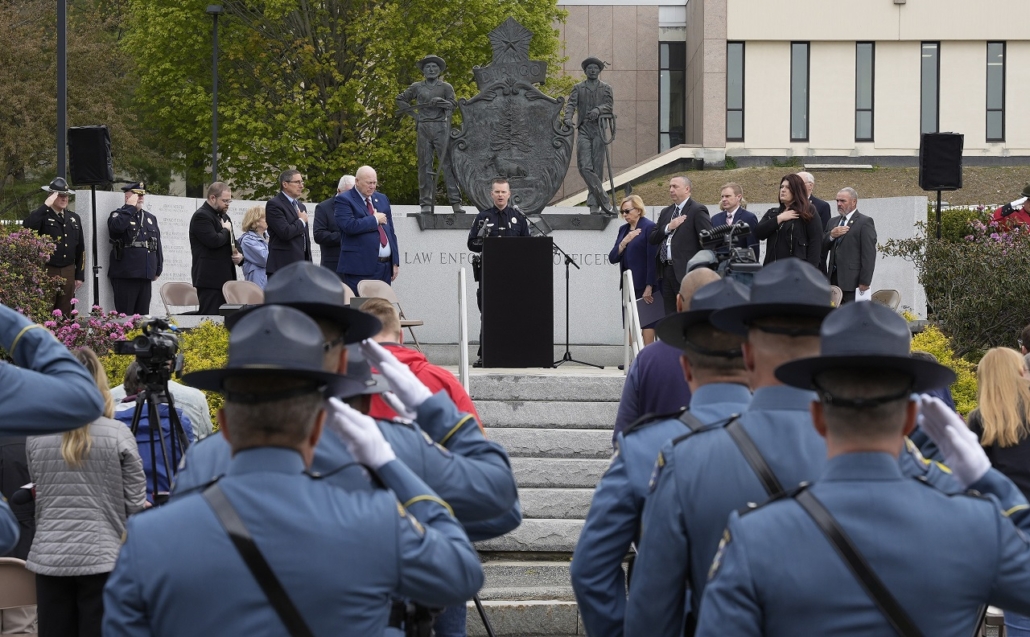
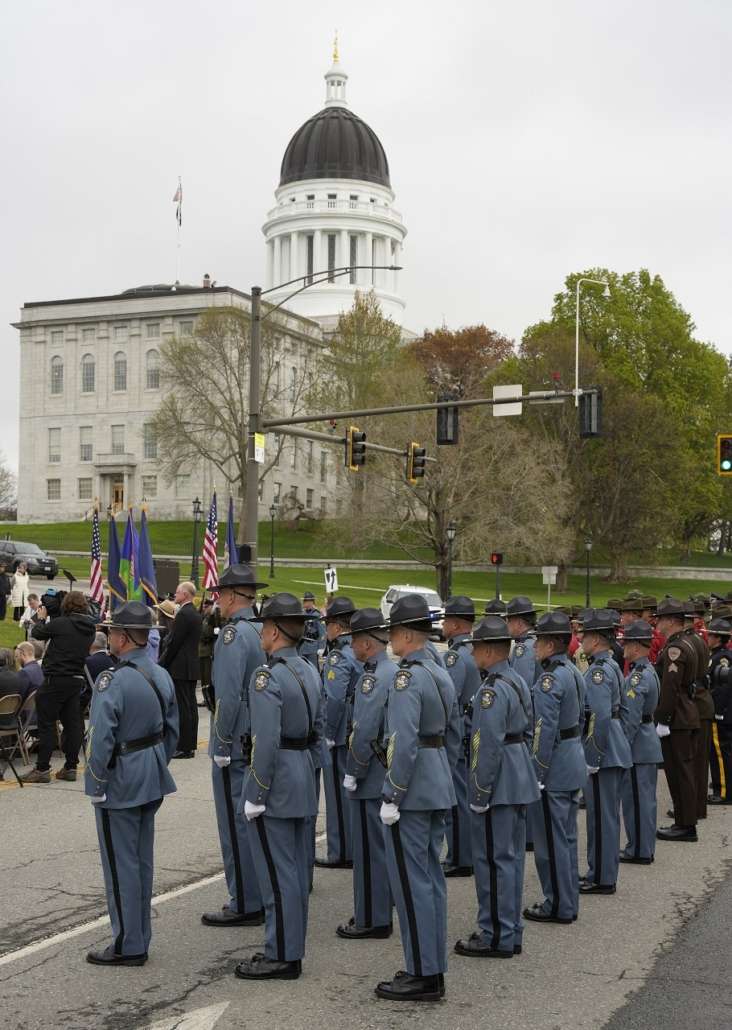

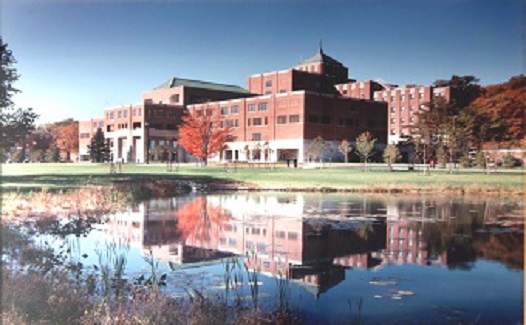



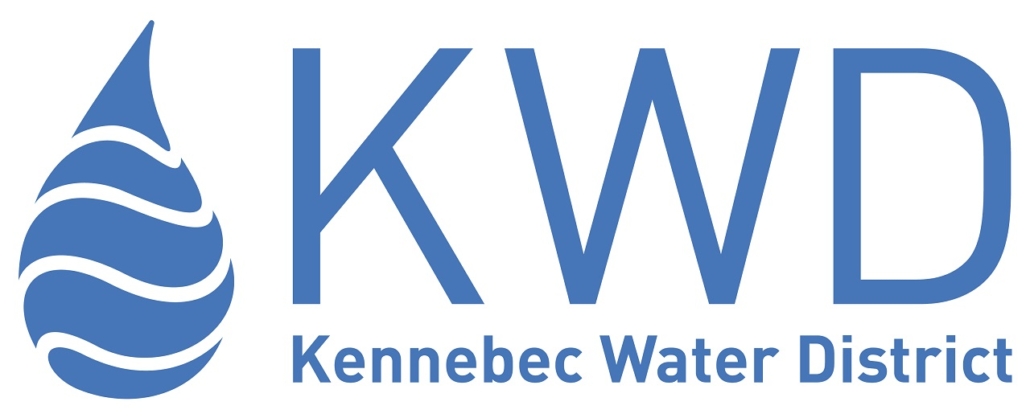 The China Lake Association has posted about monitoring China Lake levels, with historical levels, on Facebook: Kennebec Water District (KWD) recently added a China Lake water level information page to their website. You will find the current level of the lake, along with the most recent Department of Environmental Protection lake level directives.
The China Lake Association has posted about monitoring China Lake levels, with historical levels, on Facebook: Kennebec Water District (KWD) recently added a China Lake water level information page to their website. You will find the current level of the lake, along with the most recent Department of Environmental Protection lake level directives.